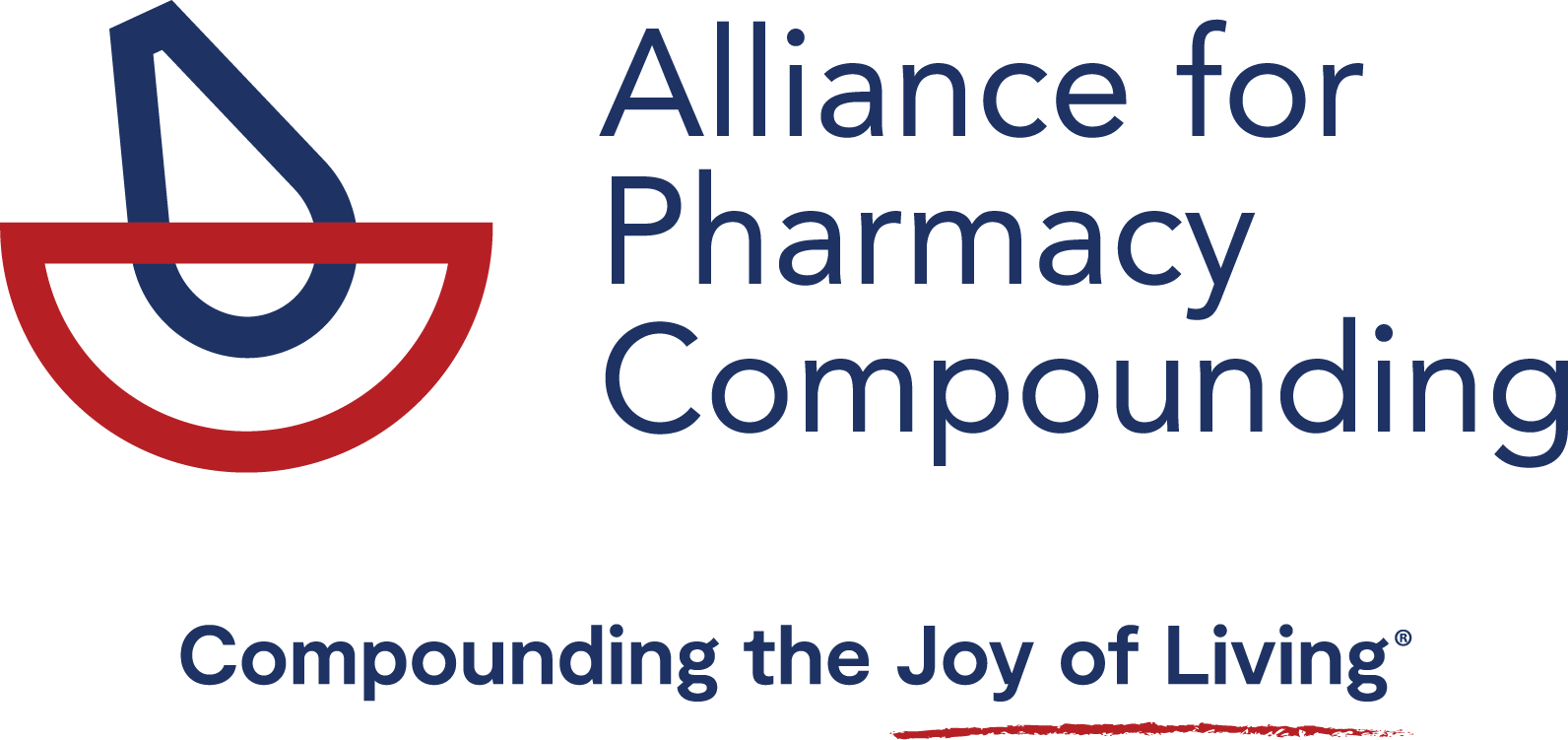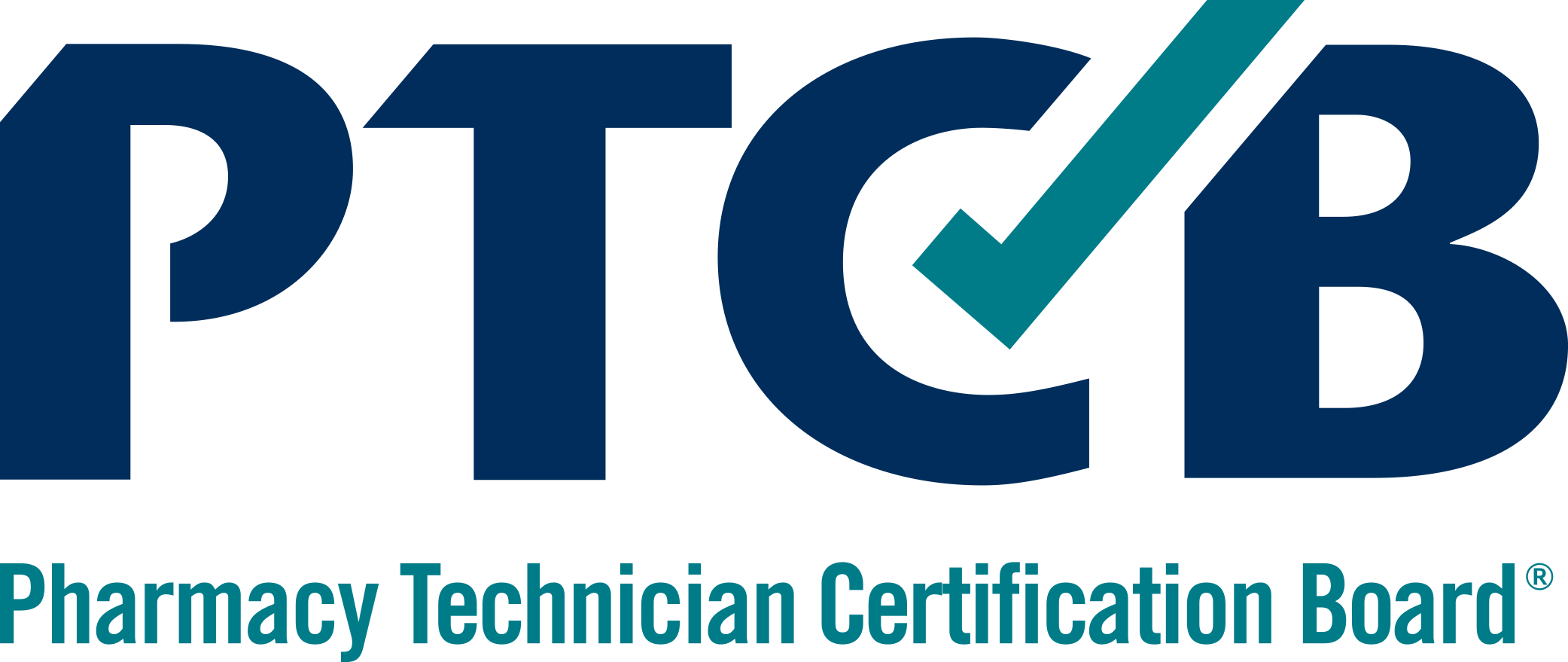November 1, 2021
The Compounder’s Role in Transgender Health Care
Pharmacists, especially knowledgeable compounding pharmacists, have an important opportunity to play a role in healthcare for the transgender (TG) community. As part of the transition process, many patients may seek out hormone therapy options, which may include testosterone, estrogen, DHEA, and progesterone. Hormone replacement therapy — often called “bioidentical hormone therapy” or BHT — is used for symptoms associated with menopause as well as for low testosterone, however, this is not it’s only benefit. Approximately half of TG patients receive cross-sex hormone therapy, although a majority of them (78%) desire hormonal pharmacotherapy1. There are commercially available hormones, but they are not currently FDA-approved for TG patients and their use in this manner is considered to be “off-label.”
Compounded bioidentical hormone therapy (cBHT) is a valuable therapeutic option for the TG patient; the hormones used are called bioidentical. Per the Endocrine Society, this means they have the same chemical and molecular structure as hormones that are naturally produced in the human body. While this may seem the obvious best choice, finding hormones that will duplicate what the human body produces means potentially fewer side effects and improved results of therapy. Compounded hormones are especially customizable, and can be tailor-made to match each patient, also, they are available in a variety of dosage forms including creams, capsules, patches, injectables, vaginal suppositories, and troches, also known as sublingual lozenges. Many manufactured hormones are not available in these customized dosage forms.
Because reaching maximal effects with transgender hormone therapy can take up to five years, it is crucial the patient has access to uninterrupted care. Compounding pharmacists are skilled at working with prescribers and patients to navigate therapy options in order to achieve optimal therapeutic outcomes. Each patient’s needs are unique, so it is vital they have access to the customization that compounding offers when commercially available products are not appropriate. Your compounding pharmacist is available to collaborate with your physician to determine the most suitable compounded hormone therapy option.


























![Topi-CLICK a Division of TEAM Outlines[1]](https://a4pc.org/files/Topi-CLICK-a-Division-of-TEAM-Outlines1.png)






